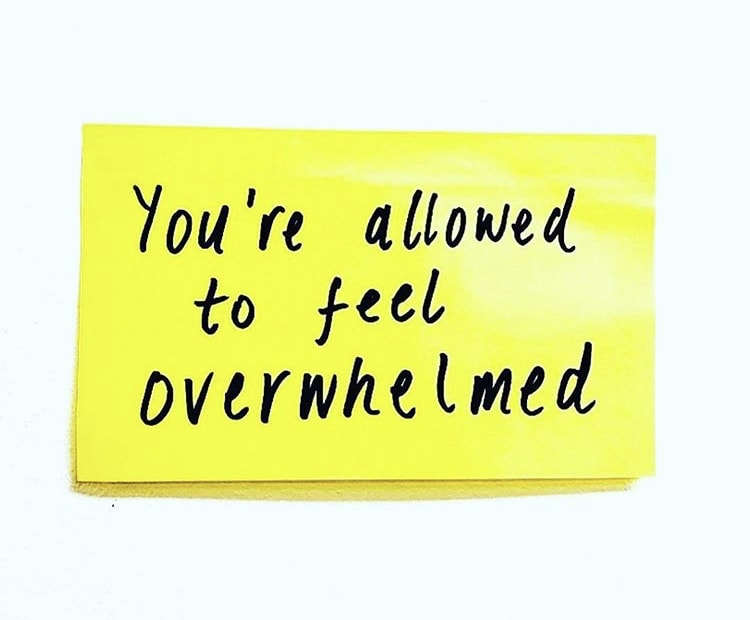Obsessive Compulsive Disorder refers to the compulsions people may have when overwhelmed with anxiety and feel a loss of control in their lives, i.e. unwanted thoughts, recurring ideas and or sensations to do something repetitively.
The behaviour that it entails consists of handwashing, checking on things multiple times, constant cleaning to name a few, hamper with a person’s day to day routine, social interactions or state of mind, so living with OCD can be challenging as it disrupts your quality of life, which is caused by the routine “customs” that have to be fulfilled and rub people the wrong way at times. People who are organised can use slight or subtle symptoms to their advantage, for e.g. task effectiveness but having OCD consists of graver symptoms and compulsions, causing great distress if the “task” isn’t completed.

The diagnosis for OCD is made after presenting certain symptoms which people notice once it gets in the way of menial everyday activities or functioning. The symptoms usually begin in childhood but present themselves more clearly around the age of nineteen. The obsessions and compulsions are irrational and come in the form of persistent images, “forbidden” thoughts (which are considered taboo) and impulses which cause a tremendous emotional chaos if not adhered to or “resolved” by giving in to them. Many people with OCD recognise that these symptoms are unreasonable or excessive but are unable to escape the distress they feel when they attempt to suppress or ignore them.
A person with OCD who has an obsessive impulse to clean will not find relief until they oblige to that task, likewise, when there is asymmetry it could cause an unrealistic eruption of negative emotions. The behaviour is aimed at reducing anxiety in the feared predicament and calming the individual down, hushing any impulsive thought that the world will come crashing down if the impulse is not addressed. Although the rituals performed bring temporary relief the obsession returns shortly after, causing a great deal of anguish and disturbing a person’s functioning. This vicious cycle continues and can get so severe that help needs to be sought.

A few compulsions can be the excessive cleaning of one’s surroundings or washing hands again and again, or constant repetition, mental and physical impulsive contamination or arranging and consistently organising things. When the symptoms cross over into harmful cognitive behavioural therapy is exercised where the person is exposed to their anxiety and eventually through getting to the root of it is able to not let the constant ritual consume their life. If it’s aggressive to a point of danger to one’s health and mental well being then medicine can be prescribed to specifically treat the problem.

Other forms of handling OCD includes exercising, being aware of the issue at hand and that it is an irrational, unrealistic thought which will not result in a catastrophic outcome. Yoga, deep breathing, relaxation and visualisation are also proven to be effective, any activity which channels anxious energy through helps cope with the disorder. A few things which help are acceptance and acknowledgment on the condition. There are articles available online as well as movies, a Spanish movie “Toc Toc” also tackles the subject in a more than adequate and impactful way which can prove to be a form of cathartic relief.

OCD is a recognised disorder with an array of symptoms which sometimes may come off as rude or insensitive but it is a difficult condition to be battling with, more awareness and acceptance of it can lead to a more productive approach at handling it and understanding human behaviour, so we would say, be kind to those suffering from it - and be kind to yourself if it is you, who is living with it.